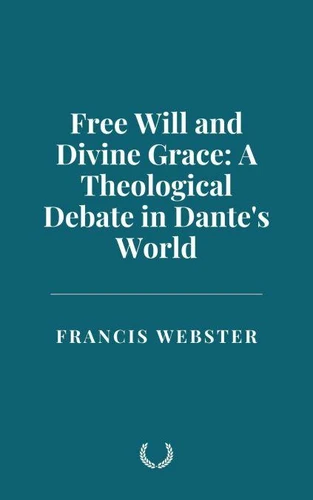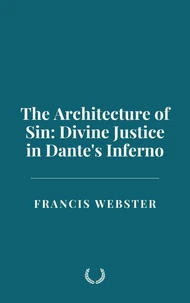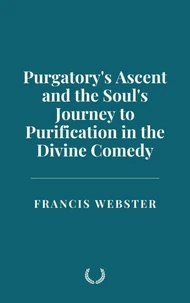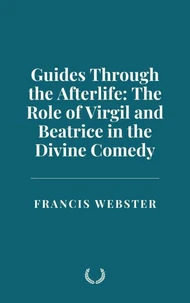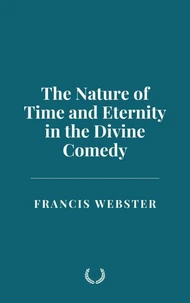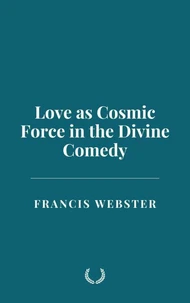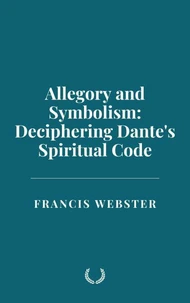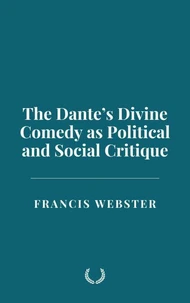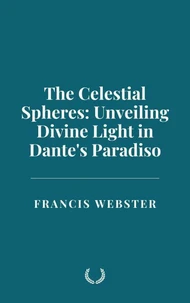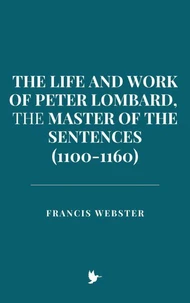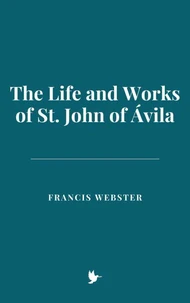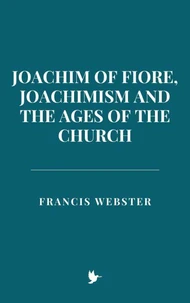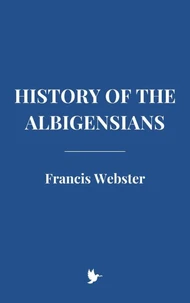Free Will and Divine Grace: A Theological Debate in Dante's World
Par :Formats :
Disponible dans votre compte client Decitre ou Furet du Nord dès validation de votre commande. Le format ePub est :
- Compatible avec une lecture sur My Vivlio (smartphone, tablette, ordinateur)
- Compatible avec une lecture sur liseuses Vivlio
- Pour les liseuses autres que Vivlio, vous devez utiliser le logiciel Adobe Digital Edition. Non compatible avec la lecture sur les liseuses Kindle, Remarkable et Sony
 , qui est-ce ?
, qui est-ce ?Notre partenaire de plateforme de lecture numérique où vous retrouverez l'ensemble de vos ebooks gratuitement
Pour en savoir plus sur nos ebooks, consultez notre aide en ligne ici
- FormatePub
- ISBN8230785514
- EAN9798230785514
- Date de parution08/03/2025
- Protection num.pas de protection
- Infos supplémentairesepub
- ÉditeurIndependently Published
Résumé
The journey through Dante's Divine Comedy opens with a powerful, yet deeply philosophical confrontation of two of the most profound theological concepts of the medieval era: free will and divine grace. Dante Alighieri, in his magnum opus, does not simply take the reader on a metaphysical journey through Hell, Purgatory, and Heaven, but he also seeks to address the existential tension between human agency and divine providence-a tension that has stirred theological debates for centuries.
Dante's narrative begins at a moment of personal crisis, symbolized by his being "midway upon the journey of our life, " as he finds himself in a "dark wood, " unable to find the "straight path." This dark wood symbolizes his moral confusion, but also the broader human struggle with free will, the freedom to choose between good and evil, and the consequences of those choices. In this introductory scene, Dante seems to be asking whether the path he must walk is one of his own choosing, or if it is shaped by a force greater than his will.
His journey through the afterlife will, in many ways, mirror this inquiry-investigating the question of human autonomy in relation to God's sovereignty, a question that lies at the heart of the theological debate.
Dante's narrative begins at a moment of personal crisis, symbolized by his being "midway upon the journey of our life, " as he finds himself in a "dark wood, " unable to find the "straight path." This dark wood symbolizes his moral confusion, but also the broader human struggle with free will, the freedom to choose between good and evil, and the consequences of those choices. In this introductory scene, Dante seems to be asking whether the path he must walk is one of his own choosing, or if it is shaped by a force greater than his will.
His journey through the afterlife will, in many ways, mirror this inquiry-investigating the question of human autonomy in relation to God's sovereignty, a question that lies at the heart of the theological debate.
The journey through Dante's Divine Comedy opens with a powerful, yet deeply philosophical confrontation of two of the most profound theological concepts of the medieval era: free will and divine grace. Dante Alighieri, in his magnum opus, does not simply take the reader on a metaphysical journey through Hell, Purgatory, and Heaven, but he also seeks to address the existential tension between human agency and divine providence-a tension that has stirred theological debates for centuries.
Dante's narrative begins at a moment of personal crisis, symbolized by his being "midway upon the journey of our life, " as he finds himself in a "dark wood, " unable to find the "straight path." This dark wood symbolizes his moral confusion, but also the broader human struggle with free will, the freedom to choose between good and evil, and the consequences of those choices. In this introductory scene, Dante seems to be asking whether the path he must walk is one of his own choosing, or if it is shaped by a force greater than his will.
His journey through the afterlife will, in many ways, mirror this inquiry-investigating the question of human autonomy in relation to God's sovereignty, a question that lies at the heart of the theological debate.
Dante's narrative begins at a moment of personal crisis, symbolized by his being "midway upon the journey of our life, " as he finds himself in a "dark wood, " unable to find the "straight path." This dark wood symbolizes his moral confusion, but also the broader human struggle with free will, the freedom to choose between good and evil, and the consequences of those choices. In this introductory scene, Dante seems to be asking whether the path he must walk is one of his own choosing, or if it is shaped by a force greater than his will.
His journey through the afterlife will, in many ways, mirror this inquiry-investigating the question of human autonomy in relation to God's sovereignty, a question that lies at the heart of the theological debate.

